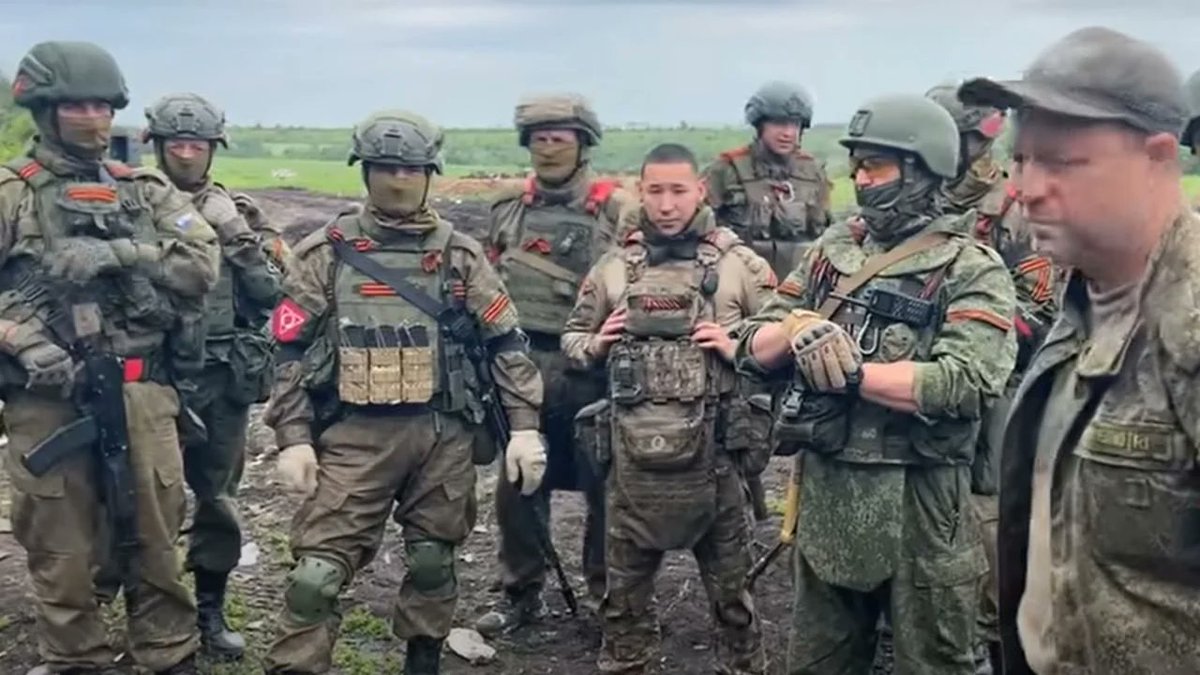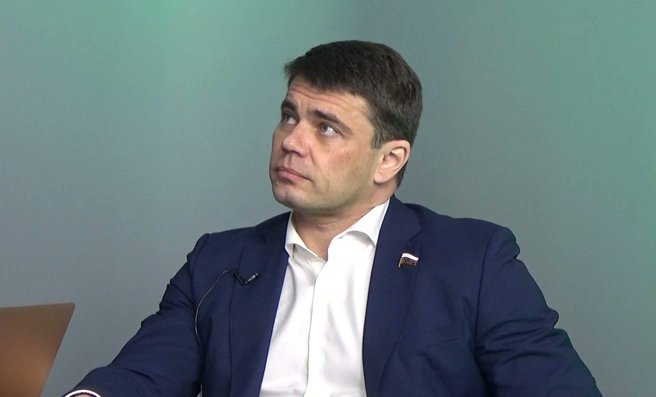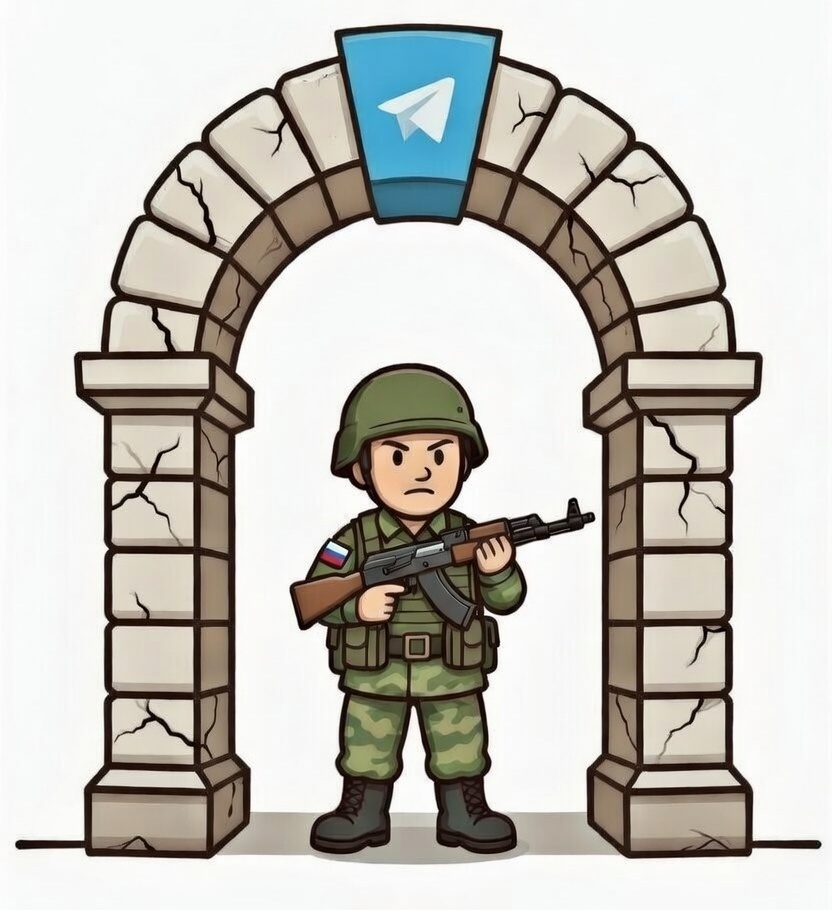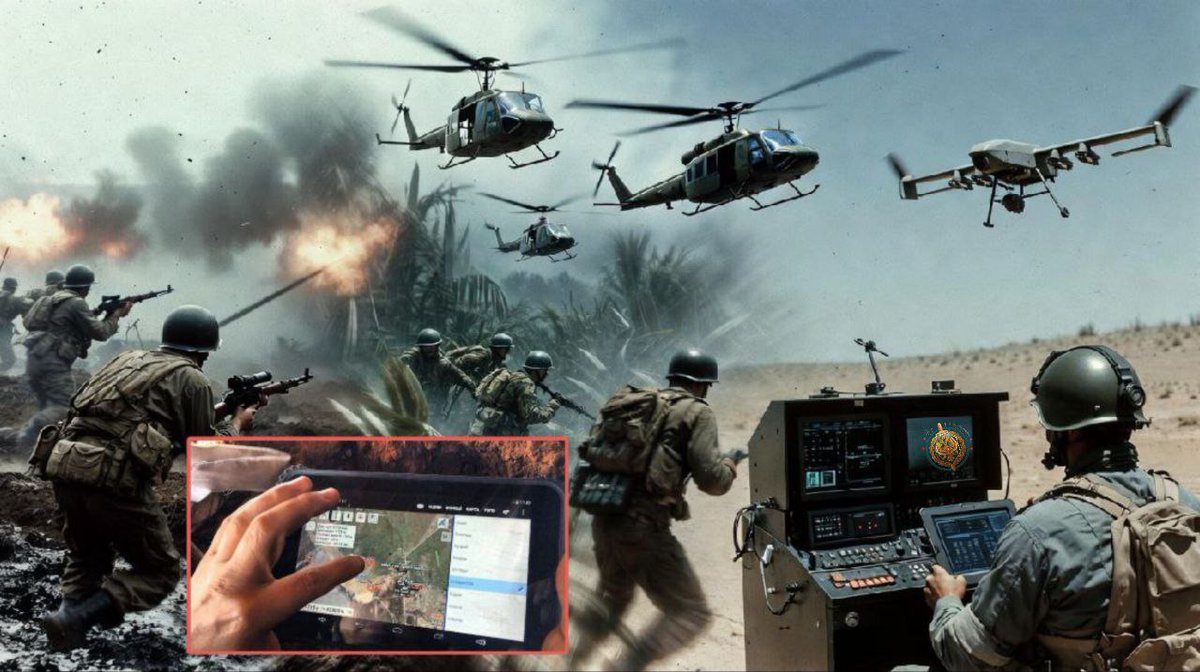1/ How has the Russian army responded to the huge casualties it's suffered in Ukraine? For a bonus 🧵, I'll draw once more on @wartranslated's archive of translated phone calls by Russian soldiers, which have been intercepted and published by the Ukrainians. 
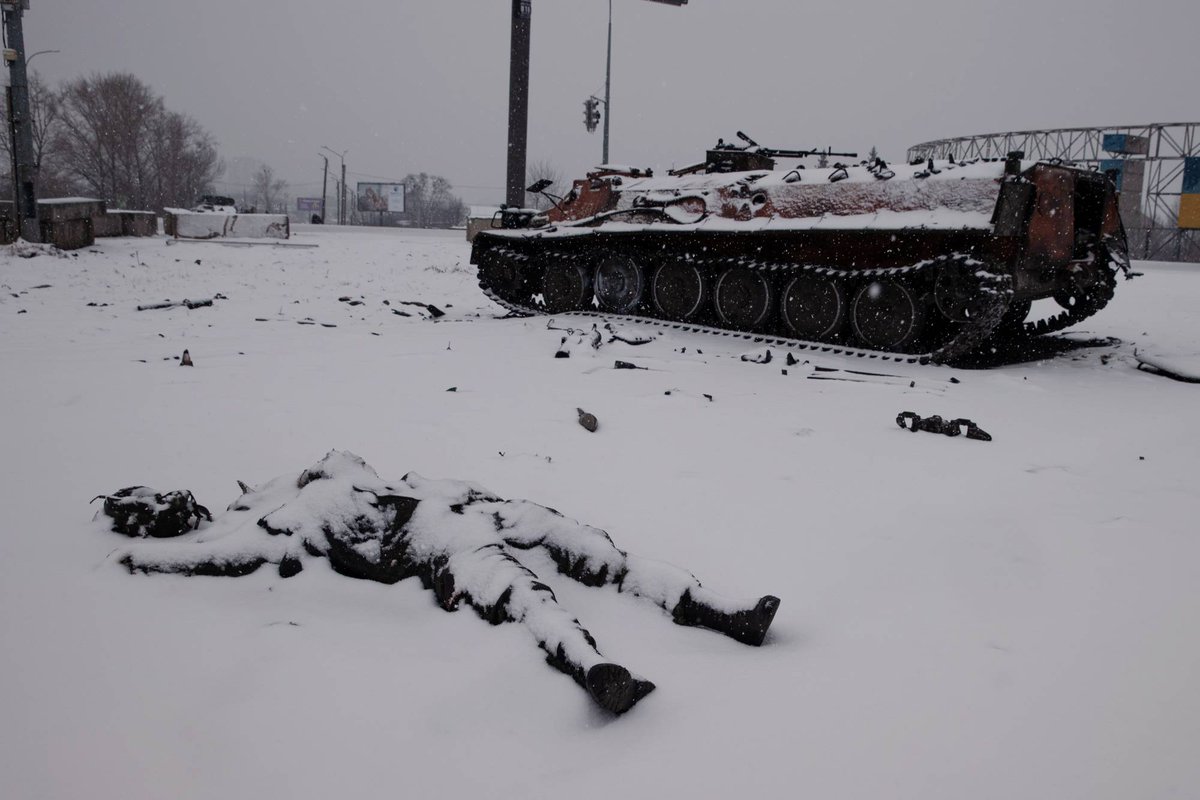
2/ For the first thread in this series, I reviewed what Russian soldiers' accounts and phone calls say about the factors motivating ordinary Russian soldiers to fight in Ukraine:
https://twitter.com/ChrisO_wiki/status/1552921299693064194
3/ In the second part, I looked at the effect of inadequate training and lack of equipment for frontline volunteers, and the looting of their supplies by Russia's notoriously corrupt logistics troops:
https://twitter.com/ChrisO_wiki/status/1553322172847951873
4/ My third thread focused on how Russian soldiers' traumatic battlefield experiences have prompted them to refuse to continue fighting:
https://twitter.com/ChrisO_wiki/status/1553833316578631681
5/ The fourth thread examined the deep dissatisfaction among Russian troops about their commanders' tactics and behaviour, which has got many of them killed:
https://twitter.com/ChrisO_wiki/status/1554568649268232192
6/ And in the fifth thread, I looked at what happened to Russian soldiers when they decided to break their contracts, get out of the war and leave the army:
https://twitter.com/ChrisO_wiki/status/1555312718781071362
7/ The Ukraine war is extraordinarily lethal. The US estimates that at least 75,000 Russians have been killed or wounded. The Ukrainians claim 41,650 Russians killed by 5 August, which, assuming the usual 1:3 killed-to-wounded ratio, implies another 120,000 wounded.
8/ According to CSIS, Russia's initial invasion force was around 190,000 soldiers, but this included the Donbas militias and internal Russian security forces (Rosgvardiya) for occupation duties. There were only around 140,000 ground combat troops.
csis.org/analysis/russi…
csis.org/analysis/russi…
9/ The number of Russian casualties so far is therefore equal to *at least* half the entire initial ground combat force. Not surprisingly, this has had a catastrophic impact on morale – as I've explored in these threads – and also on unit cohesion and combat effectiveness.
10/ This is reflected in the despairing tone of many of the published intercepted Russian phone calls. (Note that these are not necessarily representative of the entire army, but likely reflect the experiences of some of the worst affected units.) 
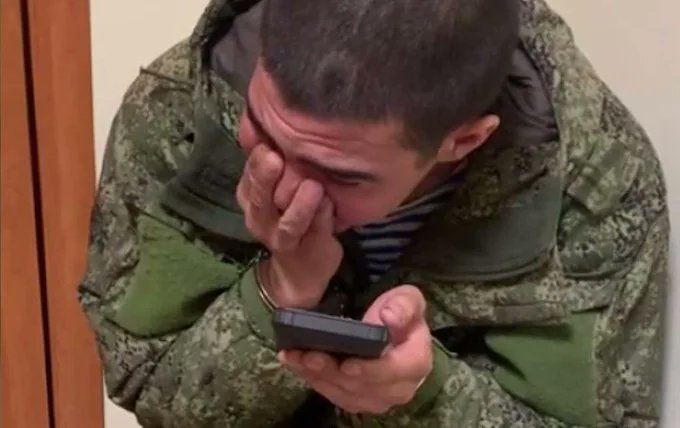
11/ Many calls feature soldiers describing catastrophic losses in their units. One described the destruction of his company (normally around 100 men): "It’s completely fucked. In our company… 10 people are left."
12/ "There were 107 people, 10 remain. From them 4 have left, 6 of us have stayed. From the 1st platoon I’m alone left. In the 1st platoon we’ve had 22 people, I am the only one left."
13/ A battle (perhaps the disastrous attempt to cross the Siverskyi Donets river in May) described by another soldier resulted in "one night, 50 tanks were burned. Imagine, 50 tanks were burned." He was one of only 15 survivors out of 300 people. 
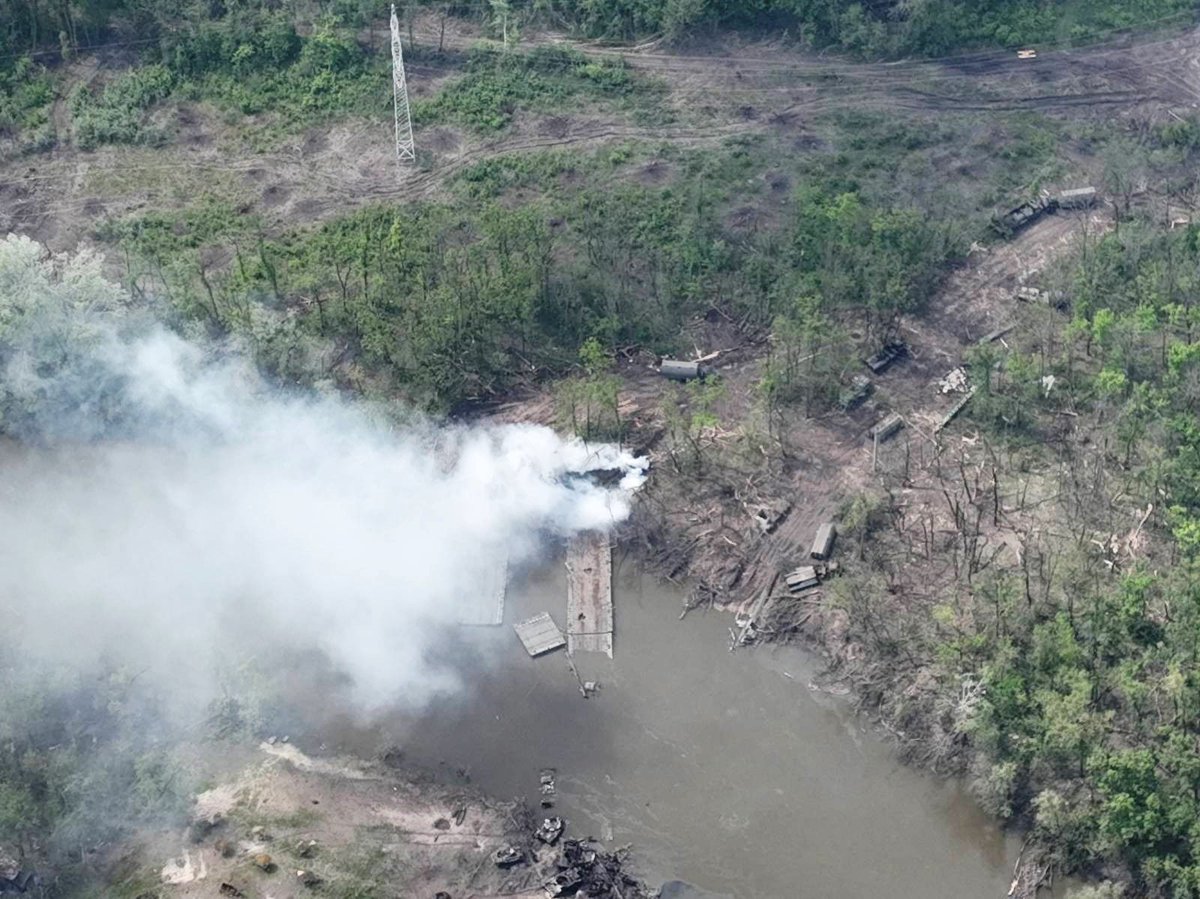
14/ Another soldier, describing the fate of what was likely a battalion tactical group (BTG), told a friend: "When we went here we’ve had 670 people. Now we have 150-147… perhaps even 130 by now."
15/ One unit was left with "no officers because many have perished now. Officers, fifteen officers were here, specifically ours. Fifteen of our officers have perished. Basically, there’s a shortage, and due to this shortage, there are no officers, no drivers, there’s nobody."
16/ Equipment losses were just as severe. A soldier told his mother: "We should have around 90 tanks but we’ve got, you know how many? We have around 14 tanks left, if all combined together from a regiment. From a regiment we have 14 tanks left."
17/ Soldiers in two other units said that their vehicles were "either smashed up… either the turret isn’t working, or something else isn’t working…. or the wheels are broken, or something else".
18/ "We have only two [artillery?] guns left out of twelve! Everything is smashed up to bits! And out of the 12 vehicles, only three that can still move!"
(Apart from anything else, this suggests severe problems with recovering and repairing damaged equipment.)
(Apart from anything else, this suggests severe problems with recovering and repairing damaged equipment.)
19/ So many were killed and wounded in one unit that three battalions had to be merged into one, but even then it was unclear whether the survivors could be motivated to fight. "Fuck knows if they can form a battalion or not."
20/ "If not, who’s going to fight? Perhaps we’ll be withdrawn. Psychologists will be speaking to them for like 10 days now, since no one wants to go in any more. 2,000 people were entering, now I’m telling you if 500 people remained then that’s good."
21/ Several calls suggest that Russian commanders were actively misleading their seniors about how many men they had left. Perhaps as a result of incorrect information on numbers, orders were issued to try to take heavily defended strongpoints with handfuls of surviving troops. 
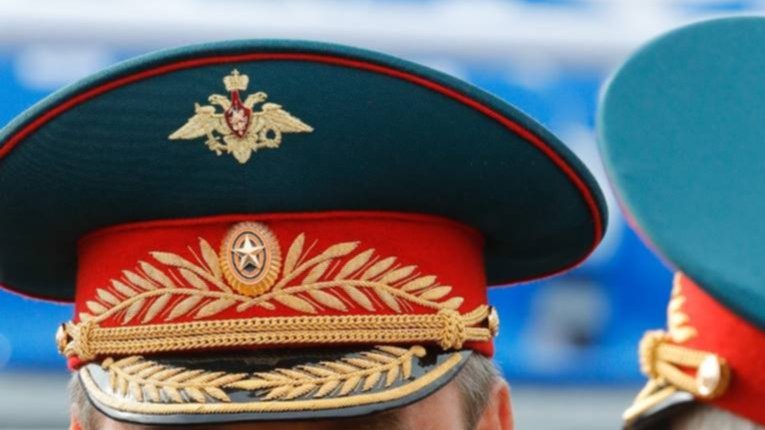
22/ A soldier complained to his wife: "The army commander is talking crap to the higher command that everything here is fucking awesome, that everything is working, that we have a lot of people."
23/ "For instance they will put forward data… if 26 people are going to attack, they’ll put forward forward data that 126 people are going into an attack." The Russians instead attacked in "tiny groups of like 20, 15 people", avoiding using large groups.
24/ One soldier in a severely depleted unit said: "They have data hanging on the wall in the headquarters – that our brigade’s staffing is 87%. Can you believe what these faggots are doing? We won’t even have fucking 10% here! Fuck this shit!"
25/ Normally, depleted units would be replaced through rotation or restored through individual reinforcements, but in some cases, neither seems to have happened. A soldier complained that in his unit "the company commander died, all the officers and everyone".
26/ The unit had been "waiting for some reinforcements for a fucking month", while many of the remaining men no longer wanted to fight: "everyone has pussied out. One half has simply given up morally."
27/ The army's desperate shortage of frontline infantry led to specialists being assigned to infantry roles. Viktor Shyaga, a soldier with the 752nd Guards Motor Rifle Regiment who subsequently wrote about his experiences on LiveJournal, says:
28/ "We were all put into infantry, despite the fact that two were meant to be in reconnaissance. One of them was a sergeant, an observation method specialist for various sensors, cameras."
29/ This was not the only example. In an intercepted call, a soldier described a group of engineers mutinying and demanding to be allowed to leave the army when they learned they would be used as frontline infantry. 
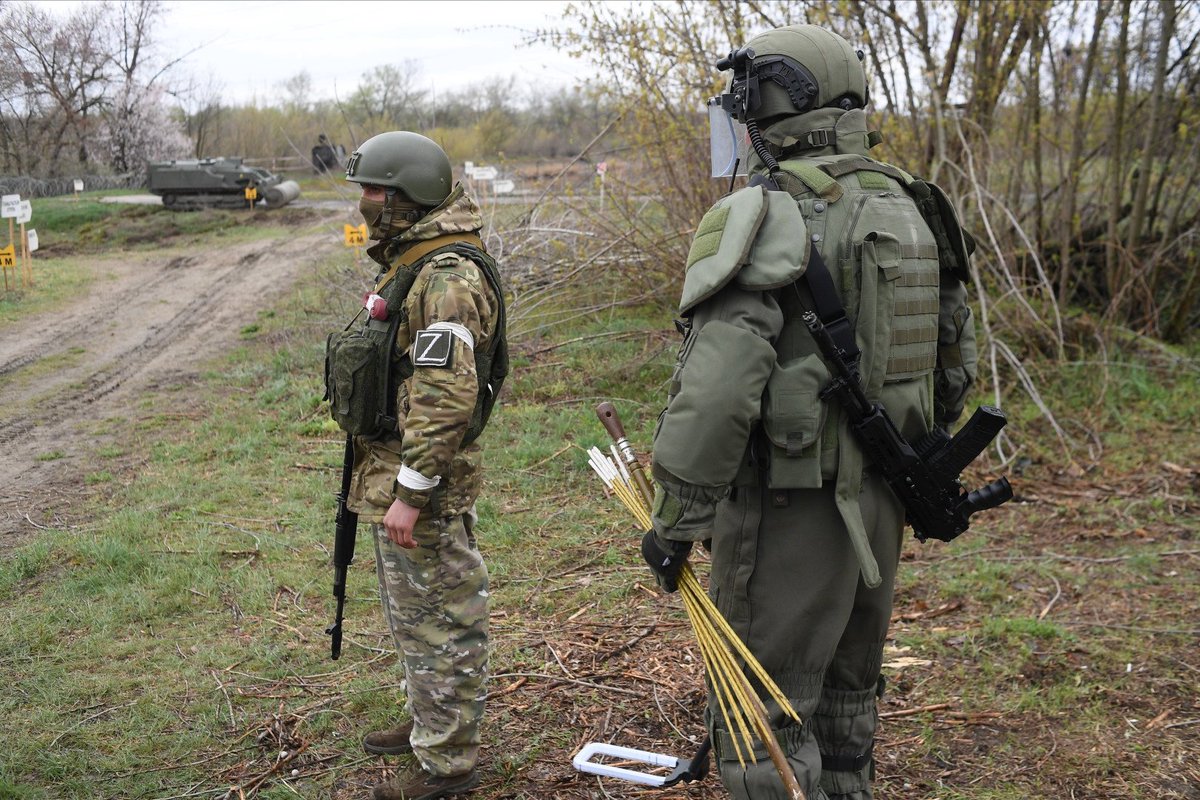
30/ "Here they had these engineers, who came here, 6 people, they were added to the infantry straight away. And today they went to speak about this, that they are refusing. That they are ready to go and leave, i.e. break the contract, they don’t give a fuck."
31/ Even if reinforcements arrived, they might not be effective. One soldier told a comrade in an intercepted call: "Even if you come now as squad leads, you won’t have anyone to be working with. There are no sappers, no fucking… no crews… at all… there are no commanders."
32/ In another case, a very upset soldier told his mother: "We have no one, no one to advance, do you understand? Eight people to take a village! Eight, mom! Against them – 500 [Ukrainian] people entrenched in concrete! And [we] have eight people without any support at all!"
33/ Rotation did not take place, despite soldiers being promised it would happen. Shyaga says that soldiers sent to Ukraine on 24 February were still in Ukraine in May. His own unit would be there until September. Intercepted calls record multiple instances of this happening.
34/ In one instance, a soldier said that his commander had tried to get his badly depleted brigade rotated but was persistently turned down by his seniors. "[He] tried sending letters many times, he always gets a rejection to withdraw our brigade."
35/ "It says in the officer regulations – if the brigade has less than 50% remaining, the brigade is withdrawn or attached to another brigade. But what really happens? We are fighting as our brigade like before, but there’s less and less people."
36/ It's been estimated that there are still around 120 battalion tactical groups in Ukraine. But as these accounts show, many of them may now be significantly under-strength and ill-equipped to fight as Ukraine continues to wear them down.
https://twitter.com/DefMon3/status/1555513448506736640?s=20&t=rQfJYUF0DOwyYbNy8onIIw
37/ In my next, delayed but hopefully final thread in this series, I'll try to answer some of the questions that people have asked about the issues raised by these threads, as well as giving some personal opinions on the Russian army's prospects. /end
• • •
Missing some Tweet in this thread? You can try to
force a refresh


